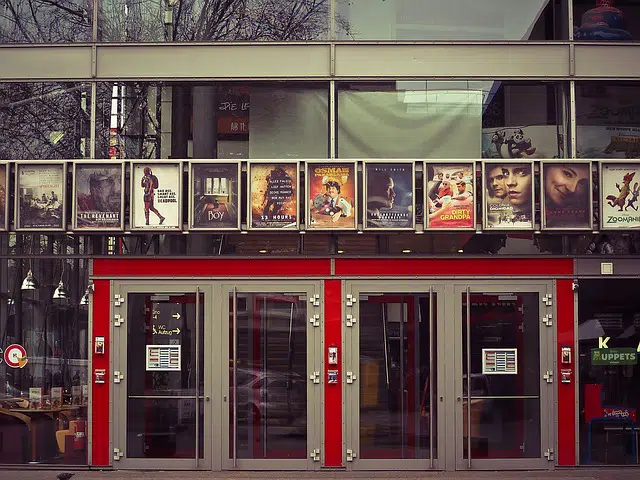Focus groups have been a marketing tool used to gauge consumers’ interest in a product since the golden age of traditional marketing. While they are known for being done in person or over the phone, social media’s popularity has led to informal, but extremely helpful, focus groups. Social media is a great tool because it is inexpensive and it doesn’t take much for people to share their opinions.

Image via Pixabay
AMC Entertainment Used Social Media as One Large Focus Group
AMC Entertainment found out firsthand just how passionate their fan base is about a potential concept. We live in a world where it is nearly impossible to pull people away from their cell phone. Since the advent of DVDs, online streaming, and cable, theater owners have struggled to get people through their doors. AMC Entertainment isn’t the only theater company that is struggling to catch interest from millennials. While 2015 was a record breaking year for box office revenue in the United States, attendance numbers were some of the lowest in the last two decades. Many companies have tried to advertise to the younger demographic in hopes to boost ticket sales.
AMC Entertainment CEO Adam Aron attempted to embrace new technology by introducing the idea of texting in theaters. He hoped that doing this would bring more millennials into theaters nationwide. In an interview with Variety, Aron elaborated on the reason for potentially forgoing the no-texting policy by saying, “We need to reshape our product in some concrete ways so that millennials go to movie theaters with the same degree of intensity as baby boomers went to movie theaters throughout their lives.” Aron was not expecting the reaction he received, especially from millennials.
The Public Turned to Social Media to Share their Opinions
The backlash quickly began online. People turned to social media to criticize AMC’s decision to allow texting in their theaters. Alamo Drafthouse Founder/CEO Tim League, whose theater chain is famous for its strict no texting policy, publicly denounced Aron’s concept. After two days of negative posts, AMC turned to Twitter to share that they changed their mind about their texting idea.
NO TEXTING AT AMC. Won’t happen. You spoke. We listened. Quickly, that idea has been sent to the cutting room floor. pic.twitter.com/JR0fo5megR
— AMC Theatres (@AMCTheatres) April 15, 2016
Whether or not Aron’s interview was an attempt to gage interest in the concept or not, he found out exactly what his audience thought of the idea and squashed it before it launched. AMC Entertainment potentially saved money in execution, marketing and public relation damages by publicly announcing a concept and letting the audience respond online at no cost. That’s the cheapest form of market research and shows the power people have on social media.
Social Media Fails
AMC isn’t the only company or public figure who has been embarrassed by the public’s reaction on social media. We have all seen (and laughed at) some big social media fails before. That’s why it’s crucial for companies to invest in a response team who monitors all of your social media accounts 24/7. They can help you catch a slip up before it turns into a PR disaster.
Is your company thinking of launching a new product or concept? It’s not a bad idea to use your social media following to do market research. But keep in mind, not every idea you have will be well received by the public! The more prepared you are, the better you can handle your feedback, whether it be positive or negative.